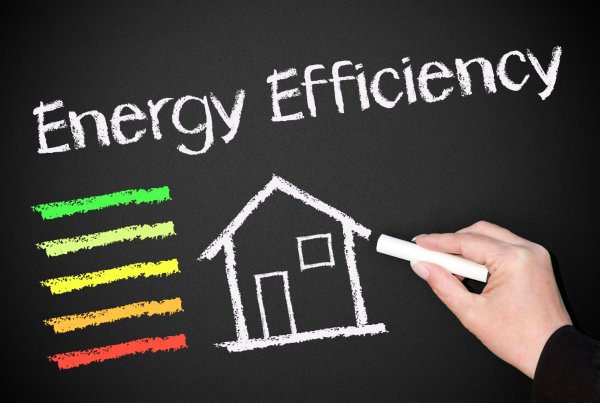National action on energy efficiency now a top priority as bills set to rise
Written by Mark Sait
Posted on May 11, 2016
The need for national action on energy efficiency is a priority with warnings on rising bills and startling drop in household savings initiatives.

The increase costs of energy – £21 a year for households – have been signalled by the Government with the Department of Energy and Climate Change announcing a move to bring forward by a year the Capacity Market scheme.
The scheme uses auctions to encourage power companies to provide electricity supply during peak demand. DECC reports that the rescheduling and extra costs are vital to maintain adequate supply at a time when fossil fuel plants are closing.
The report says that there is “a legacy of years of underinvestment” that has left the UK “open to the risk of any quickening in the pace of plant closures”.
Inadequate investment
There have been warnings for many years about the inadequate levels of investment in energy generation, together with persistent calls for coherent national energy efficiency strategy.
We have consistently called for urgent government action to encourage households and businesses to adopt energy-saving measures that are simple, very effective and sustainable.
From fitting LED lighting to water-saving solutions that reduce energy used in heating and pumping, to smart lighting controls, heating controls, low flush toilets, waterless urinals and eco hand dryers, there is huge potential to make massive energy savings.
This would certainly reduce strain on the National Grid during peak demand times.
Extra capacity
Under the scheme, two auctions have already been held to provide delivery in 2018/19 and 2019/20 but the looming gap in power supply has forced the Government’s hand, and the scheme will now purchase extra electricity capacity in January next year for the following winter.
DECC believes that the move will send the right signals to power companies and investors to develop more energy production and has had initial positive reaction from the sector.
DECC says:
“By introducing the CM early, we allow the market to operate better earlier with less price volatility, lower uncertainty and hence, lower consumer bills than would otherwise have been the case – a more efficient way of delivering energy security.”
At the same time, the Government wants to avoid companies reneging on their commitment by penalising any who fail to carry through after winning auctions.
According to Energy Live News, DECC believes that the new moves will add up to £21 to domestic energy bills as a one-off cost but underlined that price increases would be inevitable if the scheme was not brought forward with accelerating power station closures.
DECC also suggested that the move would protect households from future price hikes, saving around £46 on bills in 2018.
Efficiency measures decline
The government announcement came as the Association for the Conservation of Energy published a report revealing that installation of domestic energy efficiency measures are predicted to drop by 76% in 2020.
The report says:
“Household energy efficiency measures are the most cost-effective long-term solution to bring down energy bills, tackle fuel poverty and reduce carbon emissions. Yet public investment in energy efficiency has declined considerably following Government spending cuts.”
ACE’s figures make stark reading – with the number of household being helped to save energy expected to drop by more than three-quarters (76%) by 2020, compared to 2012, with total investment in energy efficiency declining by 53% over the three years from 2012 to last year.